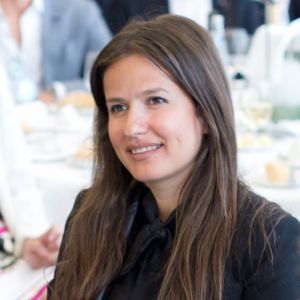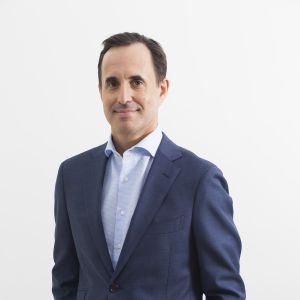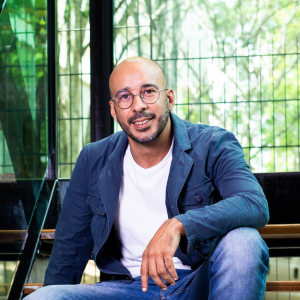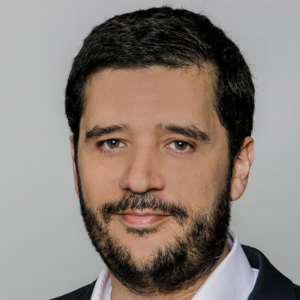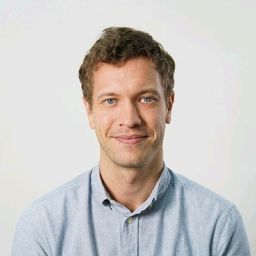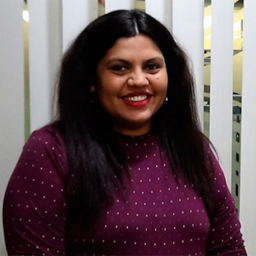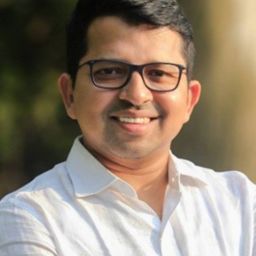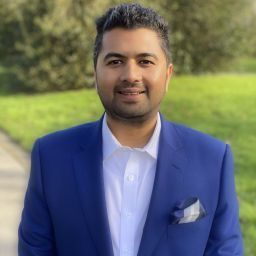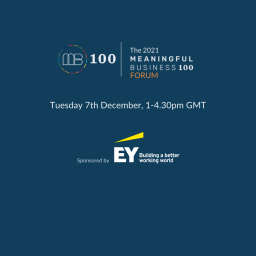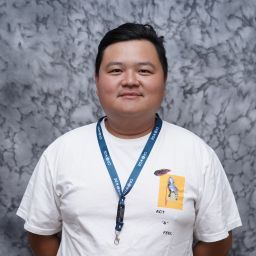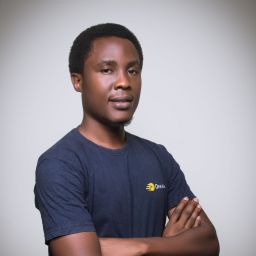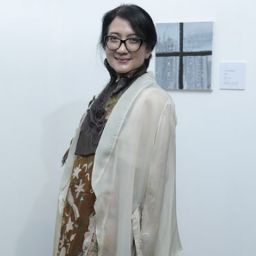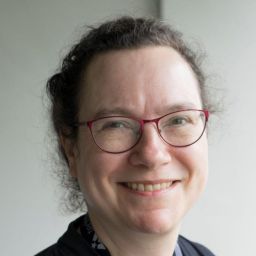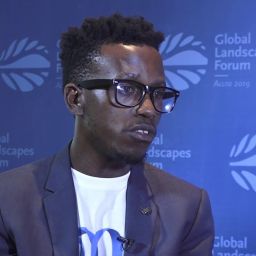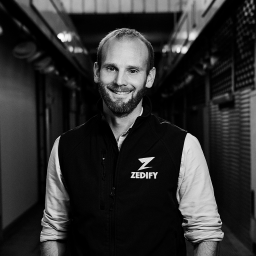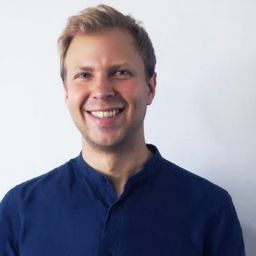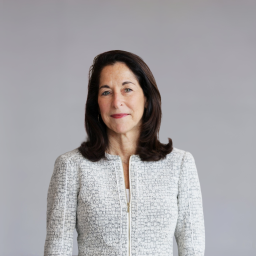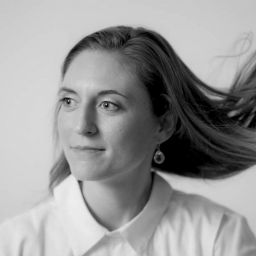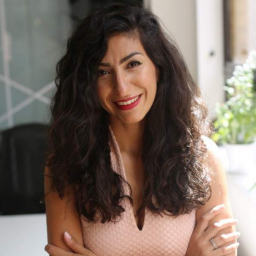Meaningful Business (MB): Can you tell us a bit about the issues you are trying to solve and why you selected them
Manoj Sinha (MS): One of the most basic human rights – access to electricity – still eludes much of rural Africa and Asia. One in 10 people on the planet still have no access to electricity. Nearly half the global population has unreliable access. The same energy deficit applies to rural small businesses as well. This is what we’re trying to solve at Husk, especially for the poorest communities where the problem is most acute.
Growing up in rural Bihar state in India, I saw first hand how the lack of electricity stifled opportunity. As a social entrepreneur, I want to make sure that we don’t lose another generation of young people to continued inaction, by tapping into the innovation, capital and drive of the private sector.

Manoj Sinha, Co-Founder & CEO, Husk Power Systems
MB: How is your work tackling those problems, and what impact are you having?
MS: Community solar mini-grids are the most cost effective path to providing modern energy to about 500 million people, 75% of whom live in the countryside of Sub-Saharan Africa. Husk pioneered the mini-grid industry and is the first to reach scale and profitability. We’ve already benefited hundreds of thousands of people and tens of thousands of small businesses, improving health and education outcomes and bettering the lives of women. We’re also playing a major role in transitioning rural economies dominated by diesel generation to clean energy, and avoiding megatons of CO2.
MB: What support do you need in order to scale your business and increase your positive impact?
MS: An overall shift in mindset is needed. Governments, funders and industry need to leave behind legacy energy systems thinking and embrace the “Five Ds” of future energy – decentralisation, decarbonisation, digitalisation, deregulation and democratisation. This is only possible with different types of policy, finance and business models. We currently see this shift happening in bits and pieces, and far too slowly. Much greater urgency is required.
MB: How do you work with partners and the wider ecosystem to achieve your mission?
MS: Bringing modern electricity to every corner of the planet is impossible without partnerships. Growing rural economies can only happen with modern levels of electricity that lead to mechanisation, but that’s only just the start. We need a robust and localised supply chain, supportive government policies (on energy transition, tax, importation, etc), finance institutions with the right types and tenures of capital, agritech and farming cooperatives to cross the silos that currently separate food systems and energy systems, and much more.
MB: What is your ambition for the future of your business?
MS: We’ve solved the hardest problem in the industry by pioneering a viable business model. Now it’s about scale, scale, and scale, with a healthy dose of speed. Last year we signed a UN Energy Compact to build 5,000 mini-grids by 2030. We are well on our way to achieving and hopefully surpassing that target, which will benefit tens of millions of people. As a business, we also have our sights set on an IPO in the coming few years.
MB: How do you measure success?
MS: Great question and something we’re still sorting through. We can easily answer questions about basic business success – How many businesses and households have we connected to electricity? How much CO2 are we avoiding? How many direct jobs have we created? The task now is to do a better job of quantifying the long-term socio-economic benefits that we are catalysing: How are we contributing to climate resilience? How is per capita GDP improving? How are women entrepreneurs that we serve benefiting? We’re now putting a plan in place to do that.
________
Quickfire questions
MB: Tell us a mistake you’ve learned from
MS: As an electrical and computer engineer by training, for a long time I assumed that rational thought and logic defined how the world worked. My experience has shown me time and again that this line of thinking is flawed. Data still matters a lot, but not at the expense of emotional intelligence.
MB: How do you spend your time away from work?
MS: Puttering in the flower garden with my wife and running with my German shepherd.
MB: What’s the best piece of advice you’ve ever received?
MS: Don’t over-correct. A full swing of the pendulum is rarely needed, and usually counter-productive.
MB: What is something you wish you were better at?
MS: Relaxing. Once I have set a goal, there’s no pause button.
MB: What is the one book everyone should read?
MS: It’s impossible to pick one, but since we’re talking about mini-grids: Small is Beautiful by E.F. ‘Fritz’ Schumacher. I don’t agree with everything in the book, but its basic premise – that bigger is not better – is more important today than ever, especially in the context of energy poverty.
________
Discover the other leaders recognised on the 2022 MB100, for their work combining profit and purpose to help achieve the United Nations Global Goals, here.


